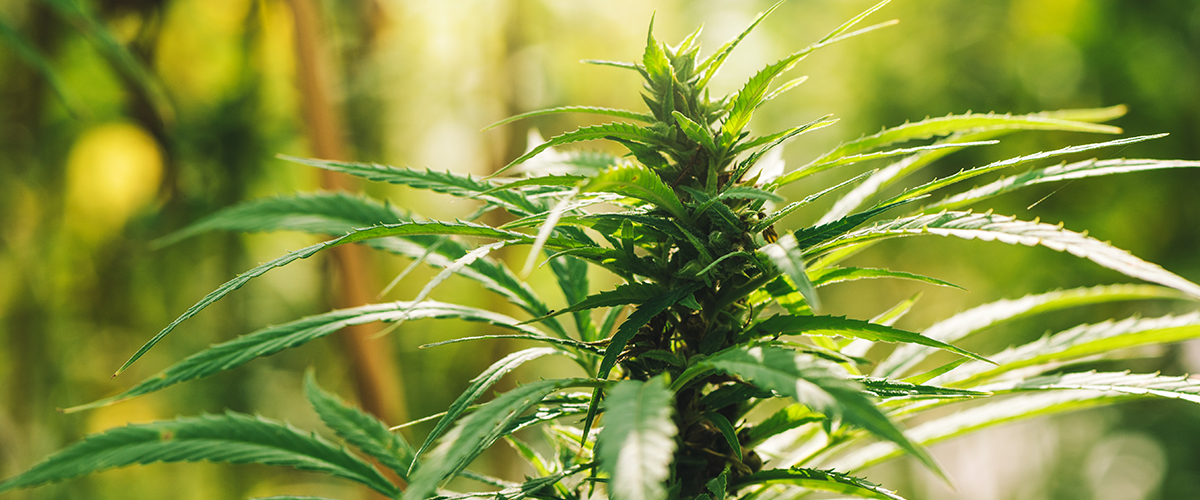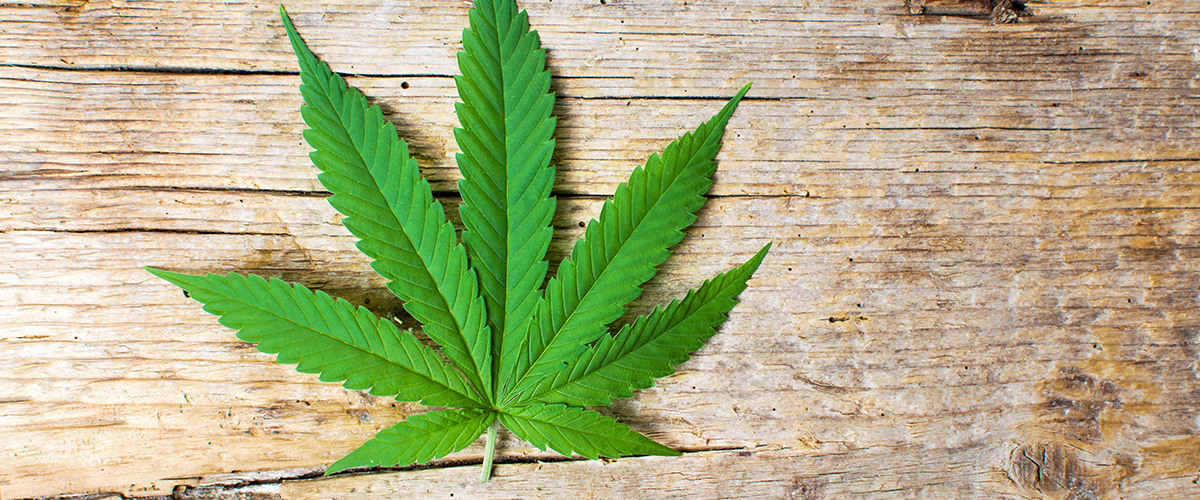Nearly 4,500 people submitted comments to the FDA on how to navigate the terrain of hemp-derived CBD regulation.
With the passage of the 2018 Farm Bill, the task of regulating hemp-derived cannabidiol (CBD) has been placed on the U.S. Food and Drug Administration (FDA). In early April, the FDA invited members of the American public to express their knowledge on CBD by commenting on an open electronic docket or submitting written remarks.
The open comment invitation was aimed at informing the FDA at the “Public Hearing on Scientific Data and Information about Products Containing Cannabis or Cannabis-Derived Compounds,” which took place on May 31.
Dr. Norman Sharpless, acting Commissioner of Food and Drugs, stated at the public hearing that the FDA had formed an internal working group to address gaps in knowledge of the safety of CBD products.
“When hemp was removed as a controlled substance, this lack of research, and therefore evidence, to support CBD’s broader use in FDA-regulated products, including in foods and dietary supplements, has resulted in unique complexities for its regulation, including many unanswered questions related to its safety,” Sharpless stated.
More than 500 people registered to attend the historic hearing, more than 800 people registered to join it remotely, and there were more than 100 speakers posted on the agenda presenting on the topic. Medical Marijuana, Inc. CEO and President Dr. Stuart Titus was among those invited to share expertise on how to best approach regulating CBD.
Months prior to the hearing, the FDA posted on the public comment link issues for consideration and a request for data and information on specific aspects of CBD. Those areas were health and safety risks, manufacturing and product quality, and marketing/labeling/sales.
Originally the comment period was scheduled to close on July 2 for those who could not attend the hearing. That date was then pushed to July 16.
What People are Saying About Hemp-Derived CBD
Nearly 4,500 Americans posted comments in response to the FDA’s call, many addressing their own experience with CBD. Several themes emerged from the comments, including continued access to CBD products and an urge to keep CBD affordable.
Brian Burton asked for regulations on CBD to mimic other vitamins and supplements to avoid over pricing. “I’m concerned that if CBD is regulated as a drug, that the millions of people, including myself, that benefit from the product would quickly find CBD unaffordable.”
Gary Brungard called for FDA oversight to promote public safety. “It is vital that the end consumer can make informed choices and then have access to a product that delivers EXACTLY what they are seeking.”
Victoria England of Humboldt County, California urged the FDA to not let big corporations take over the CBD industry. “It is important that small businesses are allowed to participate in the CBD industry. It is also important that the industry is not diluted by cheap … CBD, or diluted by CBD in everything. We don’t need CBD mayonnaise.”
Pamela Haley, a cannabis producer in Washington, commented that the FDA should focus on smart growing practices for harvesting. “Agricultural graduates are what we need now to grow cannabis without inorganic salts and pesticides. Once the plant is harvested the product manufacturing is simple chemistry and food science.”
Richard Carsins, father to a child who he believes benefits from CBD, called for local regulation on CBD products. “Let the industry and individual states regulate the product. When the Federal Government gets involved in things, it always hurts the people they swear to help.”
Jessica Wirkkala, a holistic RN, urged the FDA to protect access to CBD. “Yes, safety regulations and good manufacturing practices are important and yes, cannabinoids (especially CBD) does not fit neatly into established FDA protocols, but please protect our access to it as it is in our individual and our country’s best interest.”
Donald Wright made several suggestions for product labeling requirements to help communicate clearly what the product contains. “We also want to stop the counterfeiters from harming our industry. We want the FDA to be able to go after counterfeit cannabidiol products or synthetic products that are trying to fool and causing harm to our customers.”
Joy Williams, a CBD consumer, encouraged the FDA to not be involved in CBD regulation. “CBD does not need to be regulated by the FDA. It’s a natural product not manufactured by greedy corporation.”
Read even more public comments that were submitted earlier in the comment period.

Latest on the FDA’s Consideration on How to Regulate CBD
To keep up with the FDA’s developments on CBD regulation, be sure to regularly visit our news page, and follow us through Facebook, Twitter, and Instagram.






